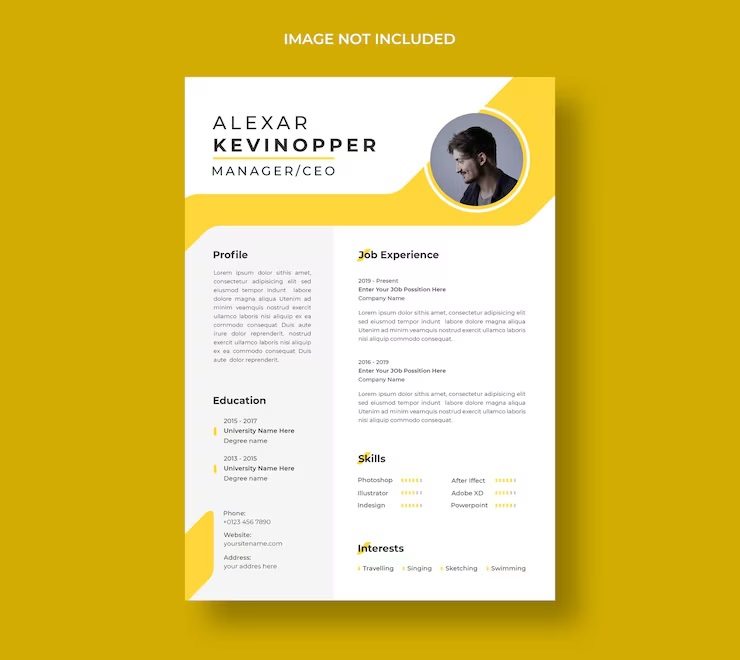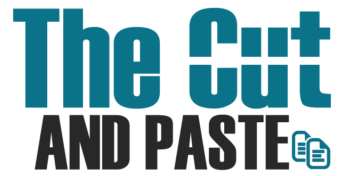
In today’s competitive job market, candidates often go to great lengths to stand out from the crowd. Some may find themselves tempted to exaggerate their qualifications or falsify parts of their CV. But while it might provide a short-term advantage, there are significant risks and long-term consequences associated with fabricating degrees and experience.
The lure of an enhanced cv template
Using a polished cv template can make any candidate look professional and capable. However, for some, the temptation to enhance this further by adding false credentials can be strong. The desire to secure a dream job can lead individuals down this risky path. Adding impressive-sounding job titles, unexplained gaps filled with fabricated roles, or even claiming non-existent degrees from prestigious institutions can seem like easy fixes.
Common fabrications on cvs
Fabrications on cvs typically fall into a few categories:
- Fake Degrees: Claiming educational qualifications that were never earned.
- Enhanced Job Titles: Upgrading previous roles to more significant positions.
- Extended Employment Dates: Adjusting dates to cover employment gaps.
- Inaccurate Skill Descriptions: Exaggerating or completely fabricating skills.
- False References: Using fake references or providing altered contact details of real references.
Risks associated with cv fabrication
The immediate benefits of claimed extra experience or higher qualifications may seem attractive, but they come with hefty risks.
Background checks can unearth the truth
Employers increasingly insist on thorough background checks before finalizing a hire. These checks can reveal inconsistencies in work history, confirm educational qualifications, and verify references. Any discrepancy can lead to losing job offers or termination if already employed.
Legal repercussions
Falsifying information on a cv can have legal consequences. Presenting false academic qualifications or creating documentation can be considered fraud. This could result in severe penalties, ranging from being blacklisted by recruiters to facing legal action. Certain professions, especially those requiring licensing or certification, hold higher stakes since such certifications are subject to rigorous verification processes.
Damage to reputation
An individual’s professional reputation is essential to career longevity. Being exposed as someone who falsified their CV can cause irreparable damage. Word travels fast in professional circles, and being tagged as someone untrustworthy can hinder future job prospects significantly. Trust, once broken, is challenging to rebuild.
Practical examples of the fallout
Several high-profile cases illustrate the consequences of cv fraud. For instance, Yahoo!’s CEO was forced to resign in 2012 after it was found that he had falsely claimed a computer science degree. In another case, a former head coach in American football lost his job after fabrication about his academic record surfaced. These examples underscore how deceit can derail even successful careers.
The loss of acquired achievements
When fabrications come to light, all accomplishments achieved during the deceit period lose value. Depending on the organization, previous successes credited to the individual might be scrutinized and potentially discredited.
The benefits of honesty
While embellishing one’s cv may seem like a shortcut to achieving career goals, honesty can yield genuine long-term professional success. Emphasizing legitimate strengths, even if modest, builds a solid foundation based on trust and credibility.
Highlighting real experiences and skills
Candidates should highlight authentic experiences and capitalize on transferable skills. Real projects, internships, volunteer activities, or part-time jobs often offer valuable lessons and opportunities to display concrete results. By demonstrating actual achievements and genuine ambition through these roles, candidates can create compelling narratives without resorting to lies.
Continuous skill development
Engaging in continuous learning and development can quickly close gaps in qualifications. Numerous online courses, workshops, and certifications are available that can help bolster one’s resume. These initiatives not only add value but also demonstrate a commitment to personal growth and staying updated with industry trends.
Avoiding the pitfalls of falsification
To avoid the myriad of pitfalls associated with cv falsification, it’s crucial to approach job applications with integrity. Here are some strategies:
Being transparent about gaps
Employment gaps should be addressed openly. Instead of inventing fictitious roles, explain time taken off for personal reasons, education, travel, or other pursuits. Many employers respect honesty and understand life circumstances.
Utilizing accurate job titles and dates
It’s better to use official job titles even if they sound less impressive. Accompany this with detailed descriptions of roles and responsibilities to show competence and relevance. Ensuring accurate employment dates helps maintain consistency and avoids red flags during background checks.
The role of references
References are pivotal in the hiring process. Providing reliable contacts who can vouch for skills and work ethic reinforces the legitimacy of claims made on the cv. On the flip side, unverifiable or fake references are easily exposed during comprehensive verifications.
Choosing appropriate referees
Select supervisors, colleagues, or mentors who can speak knowledgeably about professional capabilities and work ethics. Prepare them by discussing past contributions and accomplishments so they can effectively support applications.
Maintaining relationships
Nurturing good relationships with past coworkers and supervisors can ensure dependable references for future endeavors. Keeping them informed about career progressions and showing appreciation for their support strengthens these connections.
Alternatives to lying about qualifications
Rather than deliberating falsifying qualifications to match job requirements, focus efforts on genuine professional development. Seeking mentorship, gaining advanced diplomas, getting involved in professional networking groups, and attending seminars or webinars can add substantial value to a cv.
Pursuing additional certifications
Many industries offer relevant credentials alongside academic degrees, which can often be more specialized and immediately applicable. Achieving certifications from recognized bodies showcases dedication and advanced expertise in specific fields.
Volunteer work and internships
Even unpaid roles can provide critical experience and build a portfolio of completed projects. Volunteering demonstrates proactivity and willingness to contribute, traits highly valued by potential employers. Internships often serve as stepping stones to permanent positions within organizations.
The impact on mental health
Lying on a cv carries psychological burdens. Constantly fearing exposure increases stress and anxiety levels. Maintaining continuous deceit affects mental well-being negatively, impacting both performance and personal health.
Living authentically
There’s peace and satisfaction in knowing credentials honestly reflect one’s true abilities. Authenticity leads to confidence, reducing stress associated with maintaining baseless claims. A transparent approach helps cultivate genuine self-respect and professional pride.
Building true confidence
Investing in real skill enhancement and celebrating small victories build organic confidence. Employers appreciate authenticity and genuine passion more than inflated tales. Demonstrating versatility and readiness to learn often outweighs initial shortcomings in qualifications.
